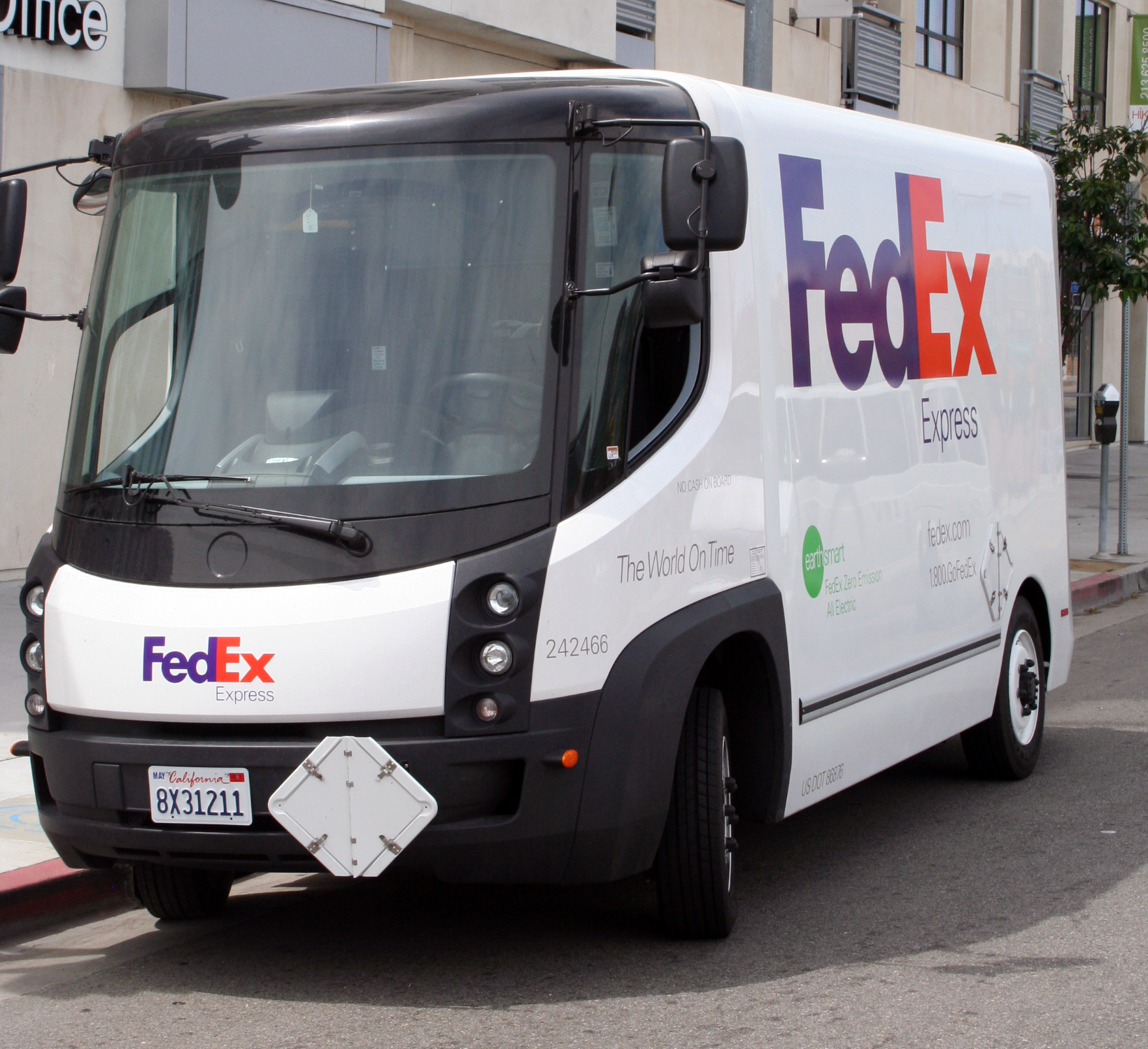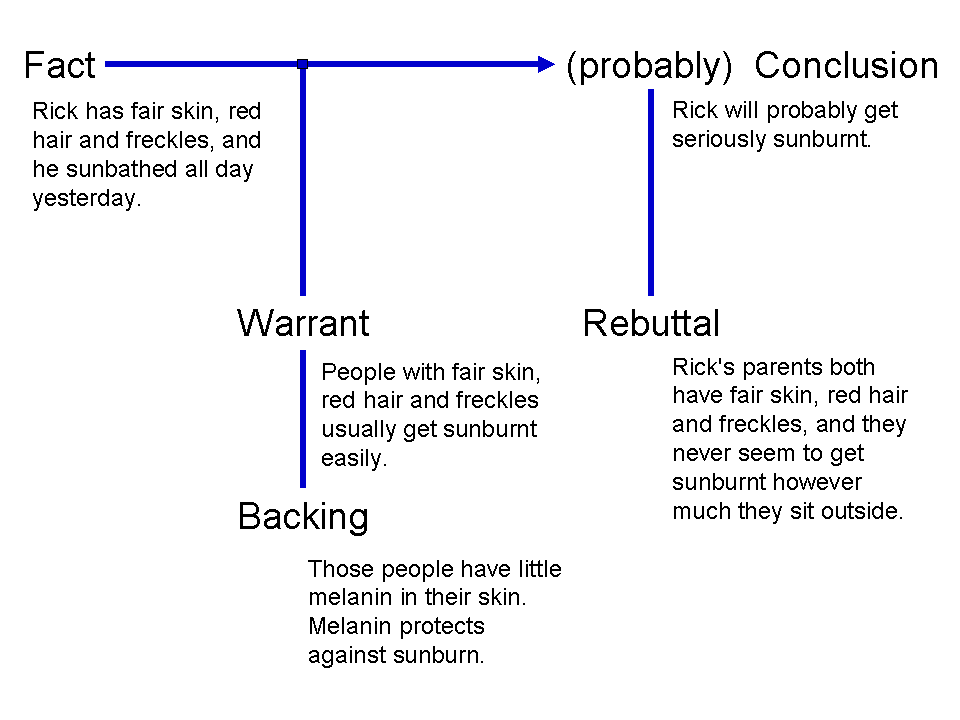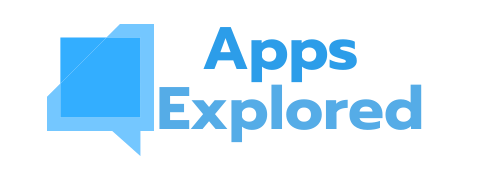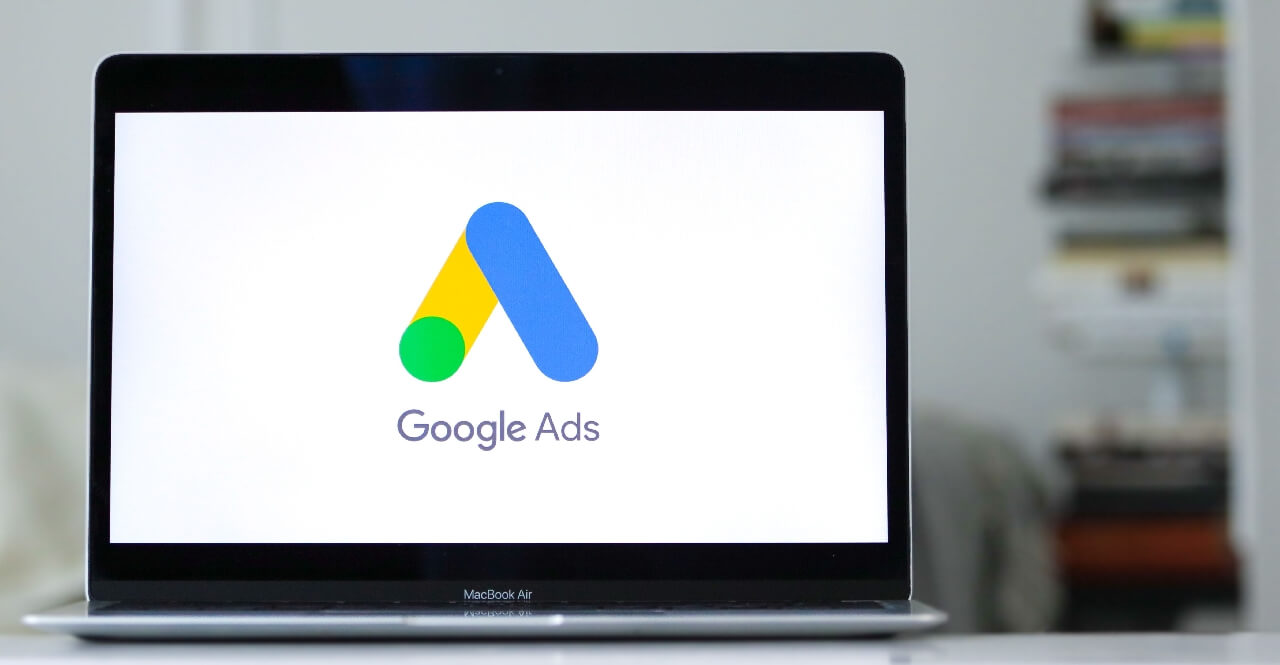Software should be free for all so that everyone can benefit from it. Free software promotes innovation, collaboration, and creativity. It provides people with access to the latest technology regardless of their financial status.
Do you believe that software should be free for everyone? If so, then you’re in the right place. In this blog post, we’ll explore why free software is important and how it can benefit everyone. From businesses to individuals, and from small-scale projects to large-scale ones, let’s take a look at why software should be free for all.

Introduction to Software Freedom
As a computer user, I’m sure you’ve heard the phrase “software should be free.” But what does that actually mean? To answer that question, we need to first understand what software freedom is.
Software freedom is the idea that software should be free for everyone to use, copy, modify, and distribute. It is based on the belief that all users should have control over their computing experience and be able to use the software in ways that suit their needs.
This concept of software freedom has been championed by the Free Software Foundation (FSF), a nonprofit organization founded by Richard Stallman in 1985. The FSF works to promote the use of free software and protect users’ rights to use it.

By providing access to software under licenses that allow for freedom of use, the FSF helps ensure that users can continue to enjoy the benefits of software without fearing that their rights are being violated.
The Argument for Free Software
The economic argument for free software is also compelling. A copy of a program has nearly zero marginal cost (and you can pay this cost by doing the work yourself), so in a free market, it would have a price of zero.
This means that those who produce the software can make money from services or add-ons rather than from the software itself. As an example, consider the open-source web browser Mozilla Firefox.
The browser itself is free, but the company that produces it makes money from things like subscriptions to premium features, consulting services, and so on. This model has also been used successfully by companies like Red Hat and Canonical for their Linux distributions.

The Benefits of Free Software
The benefits of free software are numerous. Not only does it give people access to the source code and other elements of the software, but it also reduces costs and accelerates the development of projects due to the lack of restrictions.
As a tech-savvy user, I appreciate the flexibility that this type of software provides. It allows me to modify, test, and distribute programs without any legal repercussions. Free software also allows users to experiment and collaborate with others on projects which can result in more innovative outcomes.
In addition, it is a great way to save money since you don’t have to pay for expensive licenses or subscription fees. All in all, free software has numerous advantages that make it an attractive option for many users.

The History of The Free Software Movement
The Free Software Movement was born out of the realization that software should be free and accessible to all. In the early 1980s, Richard Stallman founded the Free Software Foundation, and set in motion a socio-technological movement that revolutionized the software world.
The goal of the movement was to obtain and guarantee certain freedoms for software users, namely, the freedom to run, copy, distribute, study, and modify the software. Stallman’s GNU project aimed to develop a free operating system that would allow anyone to use a computer without restrictions.
With a free operating system, we could again have a community of cooperating hackers–and invite anyone to join. This idea resonated with people around the world, and soon enough, the Free Software Movement was gaining traction.
Richard Stallman’s GNU Project
Since the early 1980s, Richard Stallman has been at the forefront of the free software movement. He founded the GNU project in 1983, which aimed to create a complete and free operating system.
His goal was to provide users with the same level of access and control as they would have if they were using proprietary software. To this end, he developed a range of tools, including a compiler collection and an editor, which are still in use today.

He also established the GNU General Public License (GPL), which allows anyone to modify and share software while preserving its freedoms. These efforts have been immensely successful, with an estimated five million people using GNU today.
Why Software Should Be Free
In this blog post, I’ve discussed why software should be free. Free software gives users the freedom to study how the program works by accessing the source code, writing additional code, testing, modifying, and redistributing the software.
The argument for free software is mainly emotional and economic. It is motivated by the notion that proprietary software is immoral and that all software should be free. The Free Software movement is driven by the belief that it is wrong to deny users the right to learn and share what they learn with others.
Moreover, free software can have a positive impact on productivity as it enables collaboration and allows users to tweak their own software to better suit their needs.

The Moral Imperative of Free Software
The moral imperative of free software is rooted in the belief that software should be freely available to all, regardless of their individual financial means. This idea was championed by Richard Stallman and his Free Software Foundation, which was founded in 1985 as a non-profit organization dedicated to promoting computer users’ rights to freely share and change the software.
Stallman’s goal was to create a free “operating system” (OS) – an operating system that could run on any computer for free. He believed that software should be freely available and should not be restricted by arbitrary legal or economic control.
To this end, he created the GNU General Public License, which allows users to access, modify, and share software without having to pay license fees or royalties. This license has been widely adopted by many developers and is now used by millions of people around the world.

The Impact of Free Software on Productivity
Free software can have a huge impact on productivity and the overall development process. It allows developers to access code, modify it, and use it in the most efficient way possible. This reduces the time and cost associated with creating new software, as developers can use existing components to build new products.
Additionally, free software encourages collaboration between developers, meaning that projects can be completed faster and with better quality results. Free software also makes it easier for developers to learn new skills, as they can access code from more experienced developers and use this knowledge to create better products.
Finally, free software can help reduce errors in development processes, as code is more easily accessible and can be tested more thoroughly. All these benefits make free software an attractive option for developers looking to increase their productivity.

The Future of Free Software
The future of free software is bright. As more people become aware of the advantages of open-source software, more companies will be motivated to produce innovative, high-quality applications that are available to all. The world is becoming increasingly digital, so it is essential that we ensure our data and applications are secure and open to everyone.
Free software can help us achieve this. It can also provide an opportunity for people from different backgrounds to learn from each other and build on one another’s work. With its potential for collaboration, free software can bring people together in ways previously unimaginable.

Conclusion
Software freedom is an essential part of the modern digital world. Free software has enabled individuals and businesses to achieve greater levels of productivity and efficiency than ever before.
The GNU Project has been instrumental in the success of the free software movement, and Richard Stallman’s activism has been a driving force behind it. Software should be free for all users, not just those who can afford it.

